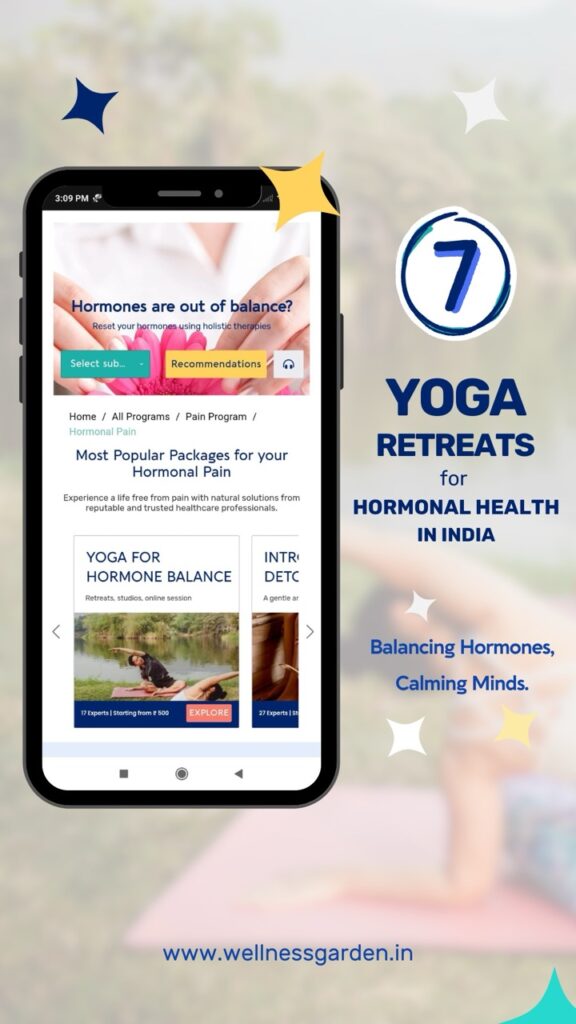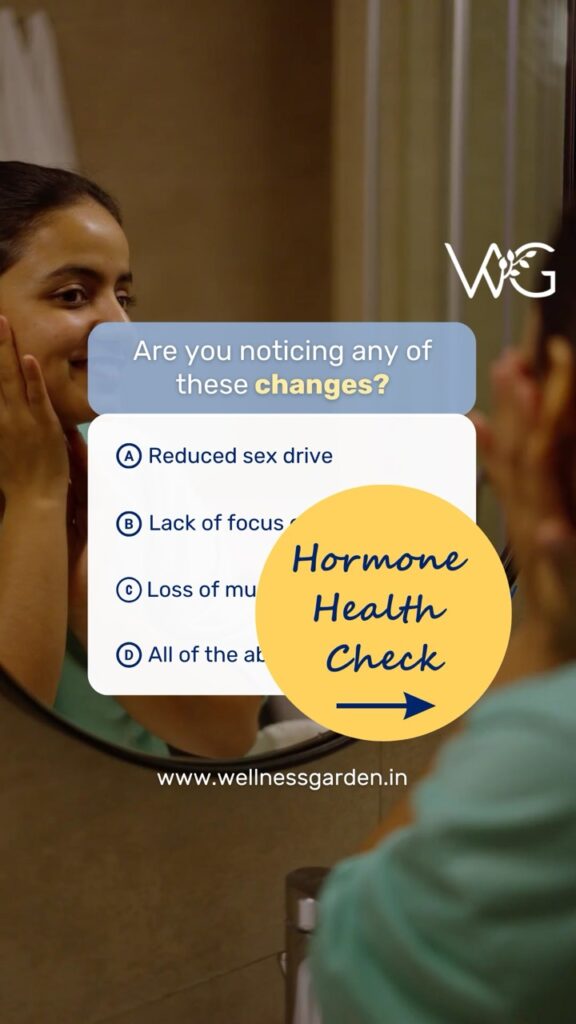Your Guide to Manage Hormonal Imbalance Symptoms
- Specialties & Therapies
- 3 min
- March 29, 2024
- Dr.Anna Cabeca
- Menopause, Women Health
Almost fifty percent of 2,000 women between the ages of 30 and 60 who participated in a recent survey reported having signs of a hormonal imbalance symptoms. However, according to 72% of the participants, they had no idea their symptoms were caused by hormonal irregularities until after they occurred.
Hormonal discomfort can show up in many forms—fatigue, irritability, bloating, cramps, mood swings, or even deep emotional unease. In this article, we’ll explore what causes these symptoms, the importance of hormonal balance, and how shifts in hormones impact both personal well-being and modern lifestyles.
At Wellness Garden, we help you connect with over 600+ experienced professionals in Bangalore who offer natural, holistic therapies for hormonal health.They support during the week or need weekend guidance, our platform bridges you with trusted experts who work closely with you to restore balance and comfort.
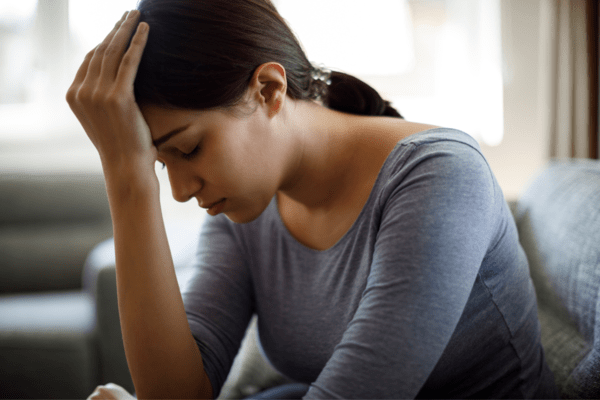
What is Hormone?
Hormones are chemical signals that the human body produces through glands and circulate to organs and tissues via the bloodstream. They function as small keys that advise specific nerve cells on what to do. Hormones are involved in numerous vital processes of life, such as:
- Growing and progressing
- The body using the metabolism to convert food into energy.
- Fertility and the sexual cycle
- The mood
- Sleep Memory as well as learning
- Hunger
- Blood pressure
- Heart rate
When Does it Happen?
Whenever there is a disturbance with the body’s formation of hormones, control, or functioning, imbalances in hormones arise and are known as hormonal pain. The gut microbiota is one main area of well-being and health that may be adversely affected by these changes. Hormonal imbalances can arise at different phases of life and can be caused by many kinds of factors.
The following are some typical circumstances that may lead to hormonal pain :
- Hormone Variations: Hormones are linked to sensors in a variety of tissues in the human body to function as chemical transmitters.
- The levels of hormones such as progesterone, estrogen, and testosterone normally change in different phases of life, but especially during:
- Adolescence
- Cycle of menstruation
- Being pregnant
- In women, menopause as well as perimenopause
- Men’s slow decrease in testosterone, or the andropause
- Hormonal abnormalities that can be caused by excess weight are frequently linked, yet the precise causal connection is not apparent. Hormonal shifts may complicate weight control.
Hormonal Imbalance Symptoms
Hormonal pain symptoms might vary according to which hormone is impacted, however, some typical ones are as follows:
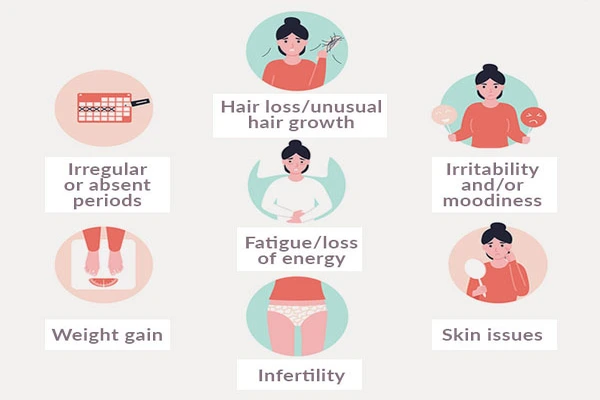
- Gaining weight or having trouble losing it
- Low energy levels and tiredness
- irregular phases of periods
- erratic moods and anger
- disruptions to sleep
- Fell desire for things
- Changing the skin or loss of hair
- Headaches, or migraine
- Muscle pains or stiff joints
- difficulty to concentrate
- shifts in diet
Outcomes from the Studies
- Sweetened beverages have been scientifically linked to an elevated possibility of developing metabolic syndrome, a medical disorder that often coincides with hormonal pain, according to a 2013 study by NLM that has been published in Diabetes Care.
- A large percentage of people are affected by hormonal pain, resulting in a serious threat to the public’s health. An essay issued in 2023 by Harvard Medical Publishing. brings consciousness to the fact the millions of women struggle with menstrual migraines, a form of hormonal pain. This underlines how shifts in hormone levels affect how pain is perceived based on the actual environment.
- With the right diet and lifestyle choices, any woman can recover her full life and lessen signs and symptoms triggered by imbalances in hormones, claims Dr. Anna Cabeca, a certified OB/GYN.
Common Hormonal Pain Issues
Hormonal pain refers to physical discomfort that arises due to fluctuations or imbalances in hormones. These shifts, especially in women, can significantly affect well-being and often lead to chronic or recurring pain over time.
PMS (Premenstrual Syndrome)
Premenstrual Syndrome affects many women in the days—or sometimes even weeks—before menstruation begins. According to a report in Springer, women between the ages of 18 and 55 commonly experience bloating, mood swings, cramps, headaches, and endometrial muscle spasms during this time. These symptoms are closely linked to the natural rise and fall of estrogen and progesterone levels during the cycle.
Menopause
Menopause marks the end of a woman’s reproductive years. During this phase, estrogen and progesterone levels drop significantly. The World Health Organization (WHO, 2024) notes that women may experience hot flashes, night sweats, sleep disturbances, and mood changes due to these hormonal shifts. These symptoms can greatly affect day-to-day comfort and quality of life.
PCOS (Polycystic Ovary Syndrome)
PCOS is a hormonal disorder where the ovaries produce excess androgens (male hormones), which are normally present in small amounts in women. Symptoms may include irregular periods, acne, weight gain, and ovarian cyst pain. A 2024 study highlights the importance of early diagnosis and lifestyle-based therapies to reduce risks such as insulin resistance and diabetes and offering ayurveda therapies also.
Sexual & Reproductive Health
Hormonal changes can also affect sexual wellness. For instance, declining estrogen levels after menopause may lead to vaginal dryness, making intimacy painful. Reduced libido and discomfort during intercourse can affect emotional intimacy and relationships, especially when these issues are left unaddressed.
Pelvic Inflammatory Disease (PID)
PID is an infection of the reproductive organs, often caused by untreated bacterial infections like those from sexually transmitted diseases. It can lead to chronic lower abdominal pain, discomfort during intercourse, and in severe cases, fertility problems. Timely treatment is essential to prevent long-term damage.
Ovulation Pain (Mittelschmerz)
Some women experience a sharp, one-sided lower abdominal pain during ovulation—called mittelschmerz. It occurs when an egg is released and the follicle ruptures. Though usually short-lived and mild, for some women, it can be distressing and disruptive.
Endometriosis
Endometriosis is a condition where tissue similar to the uterine lining grows outside the uterus, often on ovaries, fallopian tubes, or pelvic organs. It can cause intense pain before and during menstruation, as well as painful intercourse and fertility issues. According to The Lancet (2024), about 10% of women of reproductive age are affected. Early diagnosis and integrated therapy are key to managing the pain and improving reproductive health.
The advancement of new medical technologies has resulted new hormonal pain therapies. For example, non-hormonal drugs and lifestyle therapies such food and exercise adjustments are showing potential in easing PMS and signs of menopause.
7 Natural Ways to Ease Hormonal Pain
Hormonal pain—such as cramps, breast tenderness, joint aches, or mood-related discomfort—can deeply affect a woman’s day-to-day rhythm. At Wellness Garden, we guide women through holistic and personalized solutions that go beyond temporary relief. Here’s how:
1. Nourish with the Right Foods
A personalized nutrition plan helps reduce inflammation and stabilize hormone levels. Omega-3-rich foods (like flaxseed and fatty fish), antioxidant-packed fruits, high-fiber vegetables, and lean proteins (chicken, legumes, lentils) support hormone metabolism and ease discomfort.
2. Consult an Ayurvedic Physician
Traditional herbal formulations like chasteberry (Vitex) and evening primrose oil are often prescribed for painful cycles. An Ayurvedic expert can customize therapies based on your dosha, symptoms, and menstrual history.
3. Explore Therapeutic Massage
Targeted bodywork eases muscular tension, promotes blood flow, and helps reduce hormone-linked pain like backaches or breast soreness. Wellness Garden connects you to trained professionals who specialize in women’s wellness.
4. Consider Acupuncture for Pain Relief
Acupuncture, rooted in Traditional Chinese Medicine, is believed to balance the body’s energy and reduce menstrual pain. While outcomes vary, many women report a noticeable reduction in cramps and pelvic discomfort.
5. Attend Detox & Gut Health Seminars
Cleansing therapies are sometimes used to support hormonal clarity. At Wellness Garden, our expert-led sessions focus on gentle detoxes paired with food and gut restoration—not extreme fasting—ensuring safety and effectiveness.
6. Restore Sleep for Hormonal Balance
Poor sleep disrupts cortisol, melatonin, and estrogen rhythms. Addressing sleep quality through lifestyle tweaks, calming herbal teas, and stress relief practices can significantly ease hormone-driven symptoms.
7. Practice Stress-Relieving Therapies
Stress triggers hormonal flare-ups. Techniques like deep breathing, restorative yoga poses (Child’s Pose, Bridge), and nature walks reduce cortisol and support mood balance. Meditation, prayer, or journaling can also offer powerful emotional relief.
What Should to Avoid
Hormonal imbalances can be triggered by several eating habits, whereas there isn’t just one, broadly applicable cause.
- Excessively processed foods: These often have a lot of extra sugar, toxic fats, refined carbs, and synthetic flavorings. They could cause problems with signals from hormones and insulin management.
- Intoxication in red and white protein: The types of food may contain chemicals, nitrates, and dietary cholesterol, which can cause imbalances in hormones.
- Excessive use in sugar: Diabetes-related resistance and inflammation are two ways that a sugar dependency may affect the activity of hormones.
- Insufficient vital vitamins: the creation of hormones and regulation can be disrupted by diets deficient in vitamins, healthy fats, and important nutrients.
Note
The research we have conducted highlights a complicated relationship between hormonal levels and pain. Our daily routines might be impacted along with our physical wellness can be affected by hormones pain.
Begin Your Healing Journey with Wellness Garden
Are you ready to begin your journey toward better hormonal balance and emotional clarity? With Wellness Garden as your guide, you’ll explore gentle, research-backed approaches like stress-relief techniques, personalised nutrition plans, and expert-guided therapies that help ease hormonal discomfort and bring your system back into alignment.
At Wellness Garden, we understand that true healing begins when your entire self—body, mind, and emotions—is supported. We collaborate with over 600 trusted experts across Karnataka , offering natural, personalised care designed around you. If you’re feeling overwhelmed, exhausted, or simply seeking to reconnect with your true self, we’re here to walk with you—bringing clarity, strength, and lasting wellness.
FQAs
1. Can diet and lifestyle actually balance hormones?
Yes—nutrition, stress management, and exercise play a key role in hormonal regulation.
2. Are herbal supplements useful for hormone health?
Some are helpful, but always consult a specialist before starting any natural remedy.
3. How long does it take to restore hormone balance naturally?
It varies—most women see improvements within a few weeks to a few months, with consistent care.
4. Can holistic therapies like yoga and meditation help regulate hormones?
Yes—mind-body therapies are shown to support hormone harmony by easing stress and improving circulation.
- Table of Contents
- • Introduction
- • When will Pain happen?
- • Common Issues
- • Research findings
- • What to Avoid ?
- • A Word From WG
Recent Posts
Join Our Newsletter
End note from WG Team
Dr. Geetha Kamath
Disclaimer: This information is provided for educational purposes and should not be construed as medical advice. Please consult with healthcare practitioners before undertaking any changes in wellness routines or adding new therapies.
Latest Blogs
Check out some of your blogs related to your interest.
- September 10, 2025
- NIH
- 4 Mins
- August 16, 2025
- Dr. Shubhankari P. Rao
- 2 Mins
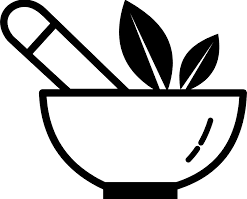
- August 14, 2025
- Dr. Dixa Bhavsar Savaliya
- 2 Mins
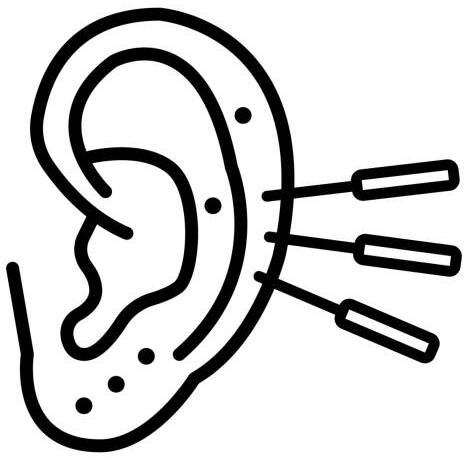
- July 25, 2025
- Mona Dan, LAc.,MTOM
- 2 Mins

